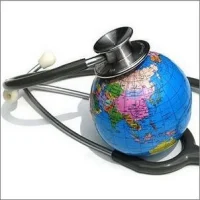According to a recent report from The Hastings Center, a nonpartisan research institute, patient satisfaction surveys may be doing more harm than good.
While the intention of patient satisfaction surveys may be to evaluate the performance of an organisation or a service, the report suggests that the survey may end up increasing the cost of healthcare and decreasing the care quality.
"Patient satisfaction is an important, valuable element of good healthcare, yet some uses and consequences of patient satisfaction surveys may be problematic," the authors wrote.
First, patient satisfaction surveys and the emphasis on patient satisfaction as an indicator of healthcare quality often results in an excessive focus on patient perspectives and wishes. This could result in healthcare professionals catering to these wishes, even on occasions when there is no medical need to do so.
In addition, the threat of low patient satisfaction scores can lead healthcare providers to permit or encourage false beliefs among their patients because they might be afraid they will get a poor rating if they deliver bad news.
There is also a risk that in the struggle to meet high patient satisfaction scores, patient responses may be manipulated on the HCAHPS Survey. This raises questions about the credibility of whether higher HCAHPS scores really represent high quality patient care.
The Hastings report cites a study conducted in 2012 that found an association between high satisfaction scores and high overall healthcare costs.
Source: Hastings Center
Image Credit: Wikimedia Commons










